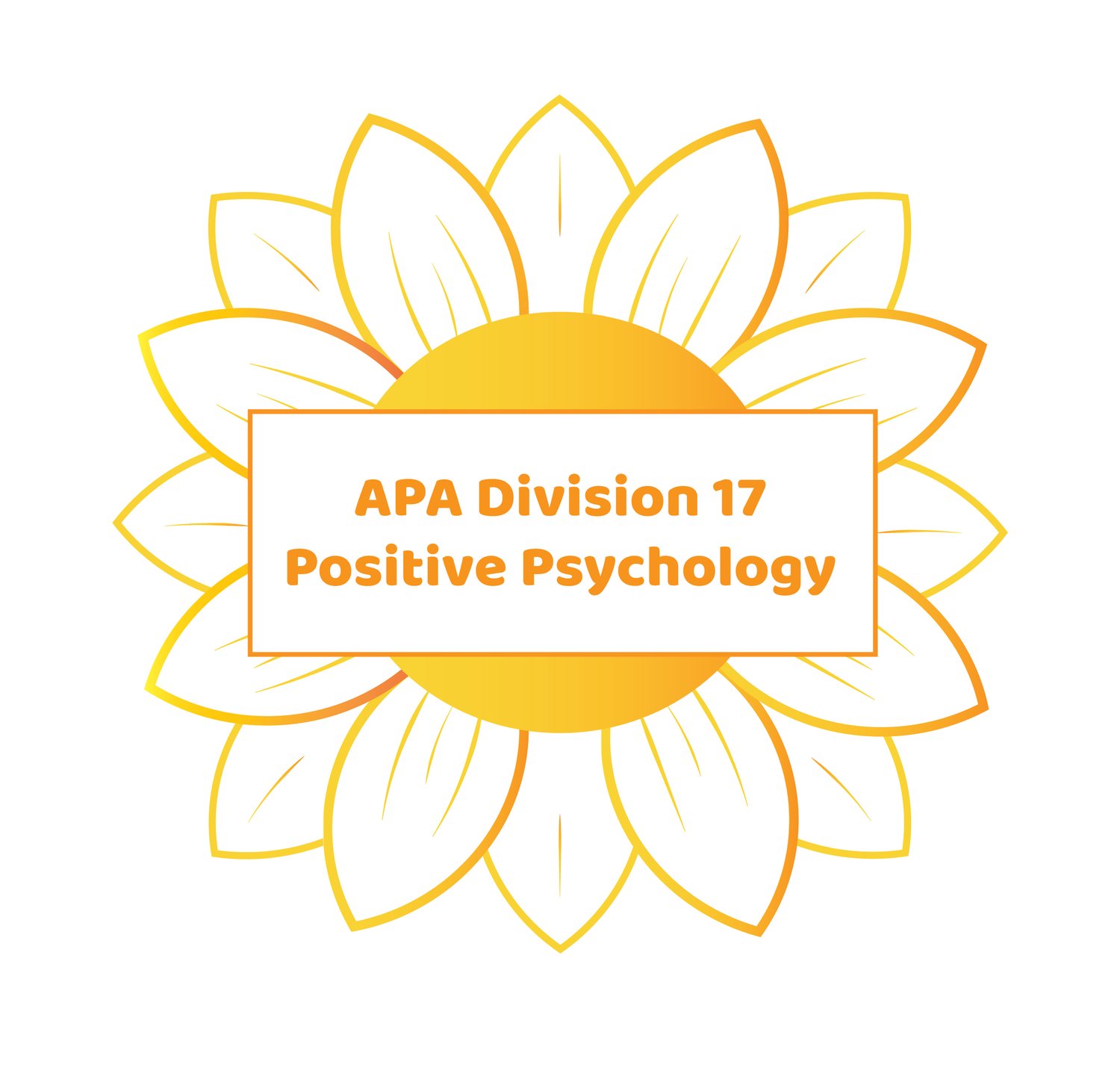Frequently Asked Questions about Positive Psychology
What is positive psychology?
Positive psychology is the practical and scientific pursuit of optimal human functioning.
How is Counseling Psychology linked to positive psychology?
Counseling Psychology is a psychological specialty focused on facilitating personal and interpersonal functioning across the life span with an emphasis on emotional, social, vocational, educational, health-related, developmental, and organizational issues. A hallmark of Counseling Psychology, since its inception, has been its emphasis on identifying and developing personal strengths and assets and helping the individual to make more effective use of them in their pursuit of optimum development. Counseling Psychology’s focus on the positive has been evident in the practice realm as well as in our scholarship. Counseling Psychology, and developmental psychology and humanistic psychology, have focused on optimal development for decades. The positive psychology movement has reaffirmed psychology’s commitment to the positive.
Why focus on strengths?
Studying and enhancing strengths and healthy processes may yield personal growth potential. By asking and answering new questions about how strengths aid in growth and recovery, we may provide greater benefits to our clients and the public.
How did positive psychology become a focus in mainstream psychology?
Martin Seligman organized an effort to develop a positive social science during his 1998 APA presidential term. His efforts were fruitful; hundreds of positive psychology scholars and thousands of practitioners have contributed to the development of a psychology that honors suffering and respects positive functioning.
Is positively psychology solely focused on the pursuit of happiness?
No. Positive psychology focuses on optimal human functioning, broadly defined. It is a not a new age happiology.
